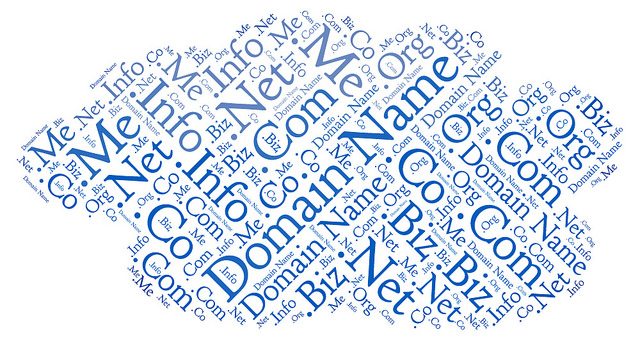UDRP Element 3: Bad Faith
In case you missed it, we provided a general overview of the UDRP process here, and a more in-depth look at the first and second element of the UDRP. This post, however, delves deeper into the third element of the UDRP test, whether the domain was registered in bad faith.
What is a bad faith registration for purposes of the UDRP?
A bad faith registration is considered by ICANN (the Internet Corporation for Assigned Names and Numbers) as a domain name has been registered and is being used by the respondent in full recognition that the domain corresponds to a registered trademark.
Paragraph 4(b) of the UDRP sets out a number of examples which an Administrative Panel will considered as evidence of bad faith registration and use of a domain name, such as:
- Circumstances indicating that the domain name was registered or acquired primarily for the purpose of selling, renting, or otherwise transferring the domain name registration to the complainant who is the owner of the trademark or service mark or to a competitor of that complainant, for valuable consideration in excess of the domain name registrant’s out-of-pocket costs directly related to the domain name; or
- The domain name was registered in order to prevent the owner of the trademark or service mark from reflecting the mark in a corresponding domain name, provided that the domain name registrant has engaged in a pattern of such conduct; or
- The domain name was registered for the primary purpose of disrupting the business of a competitor; or
- By using the domain name, the domain name registrant intentionally attempted to attract for financial gain, Internet users to the registrant’s website or other on-line location, by creating a likelihood of confusion with the complainant’s mark as to the source, sponsorship, affiliation, or endorsement of the registrant’s website or location or of a product or service on the registrant’s website or location.
The above list is not exhaustive. Other circumstances may exist other than included above that demonstrate the registration and use of a domain name in bad faith.
Can bad faith be found if the disputed domain name was registered before the trademark was registered?
You may recall that a trademark can form a basis for a UDRP action under the first element regardless of the date it was registered. However, if a domain name is registered before a trademark is first established (registered or unregistered), it is not considered a bad faith registration because the registrant could not have been on notice of the complainant’s then non-existent right
Can a finding that a respondent “knew or should have known” about a trademark form a basis for finding bad faith?
Panels have found that a domain registrant has sufficient constructive notice where the domain registrant was located in the US and a trademark holder had a prior registered US trademark and there was evidence of cybersquatting, otherwise known as domain squatting. Some panels, however, have been less willing to find constructive notice of a little-known trademark.
For more information about what registrations are considered bad faith, if your registration is in bad faith, or if your trademark is at risk, contact Revision Legal’s Internet attorneys through the form on this page or call 855-473-8474.





